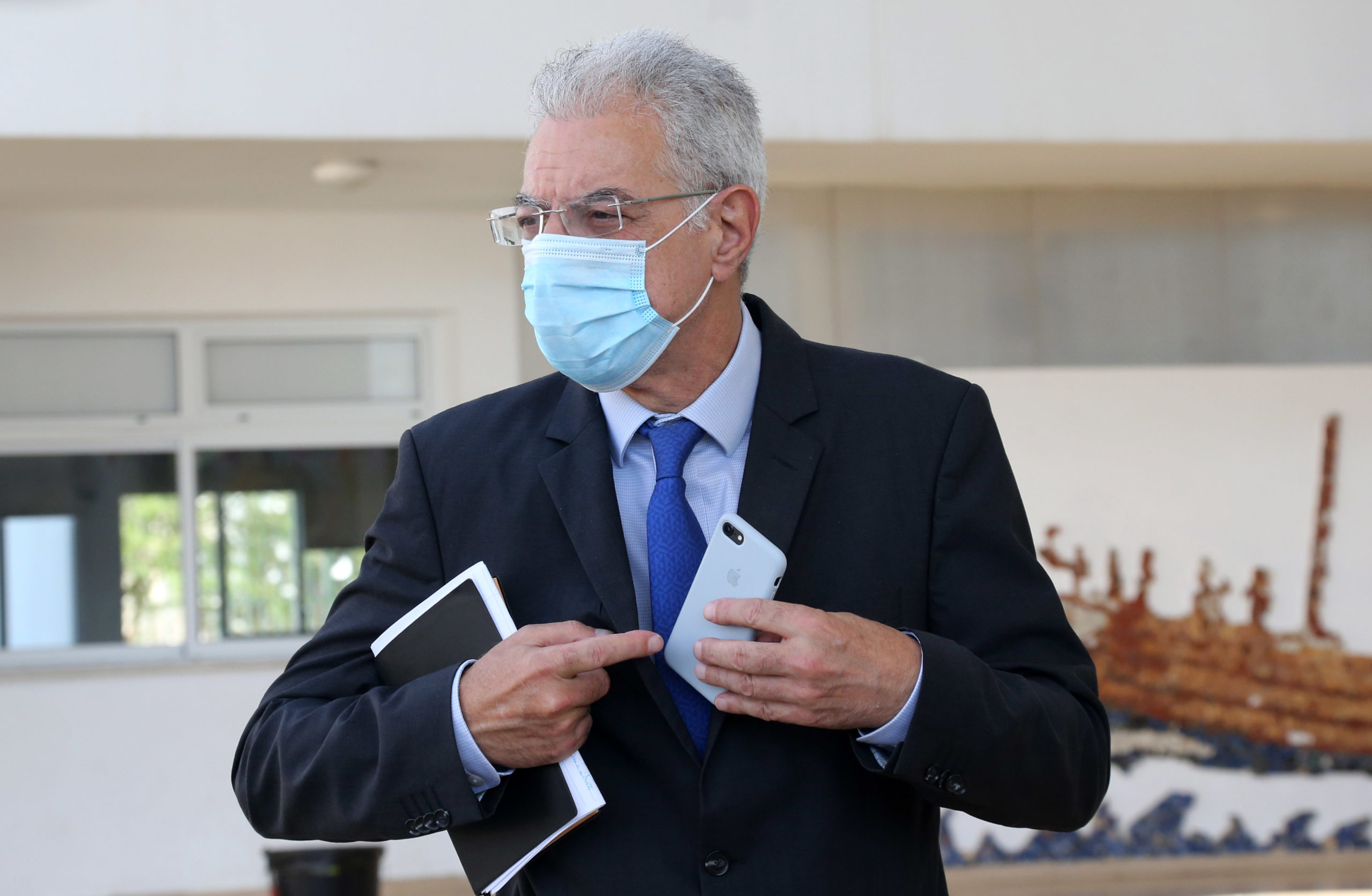Society, culture, and education face a serious crisis when the younger generation is not encouraged to embrace critical thinking.
Or when they do not challenge the establishment and tolerate all the ills of racism, discrimination, corruption and turning a blind eye to lawbreakers.
And it all boils down to lack of education.
If he plans to stay in office for the remainder of the government’s term, Education and Culture Minister Prodromos Prodromou ought to seriously consider the legacy that he will leave behind.
He is trying to introduce some reforms, but these pertain to improvements in the operational side of schools and tweaking the curriculum.
A great opportunity was lost during the past year and a half when amid the Covid-imposed lockdowns, eLearning should have made leaps, considering the vast majority of youngsters are digitally literate.
Teachers were exposed.
They dreaded the idea of leaving the safe confines of their classrooms, fearing that technology would also reveal their weaknesses and their teaching shortcomings.
It was shocking to learn the Ministry of Education was paying for individual licenses of online communication, but these were never used.
Because state schoolteachers were not properly trained in using these platforms when a 12-year-old can absorb all the functions and shortcuts within a day.
Valuable learning time was wasted in arguments over the use or not of masks in classrooms, single or double seated desks, and so many administrative issues that could have been resolved over a coffee.
Instead, Cypriot schoolchildren struggle with language eloquence, are clueless about world history and events (judging from participants in televised quizzes).
They remain disinterested in climatic disasters that will impact their adulthood and tolerate abuse of their classmates by teachers.
Debates about scandals emanating from the Pandora Papers or the ethical degeneration of our politicians are non-existent, as are the rip-off petrol prices, the maltreatment of animals and the destruction of the environment.
When politicians and ‘upstanding’ members of society embark on a witch hunt of an artist who expresses public frustration through his paintings, they set the poorest example to students who should have embraced their teacher-artist and even debated the messages arising from such paintings.
When a schoolgirl says ‘no’ to the passes or innuendos of a teacher, who should have been a ‘father figure’ to many troubled teenagers, the establishment prefers to cover up the incompetence of the system by re-assigning that teacher, passing the buck to the next school.
This also instils a sense of lawbreaking and tolerance among students who grow up accepting this norm.
And teachers are more concerned about their petty demands, pushed through by militant trade unions, not realising they are privileged, earn salaries many in the private sector could only dream of and do not care less what happens to their students once everybody goes home.
Minister Prodromou should focus on the few teachers who love what they do, who are dedicated to the wellbeing and education of their students, regardless of household income, to become the future community activists and even leaders that Cyprus painfully lacks.
Only an educated youth will take this country forward.
Trust and confidence must be reinstated in students’ minds, and this should be Prodromou’s legacy.










